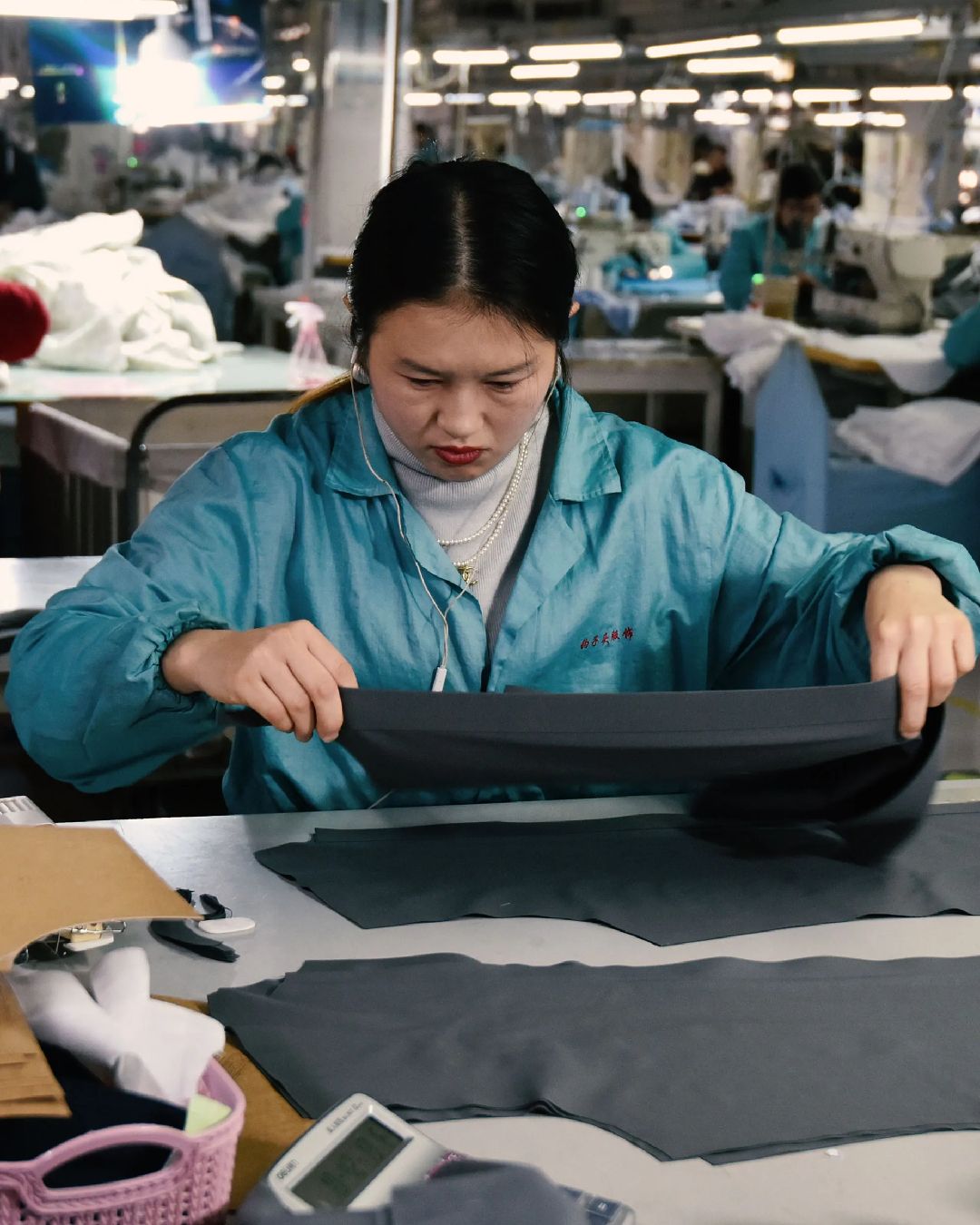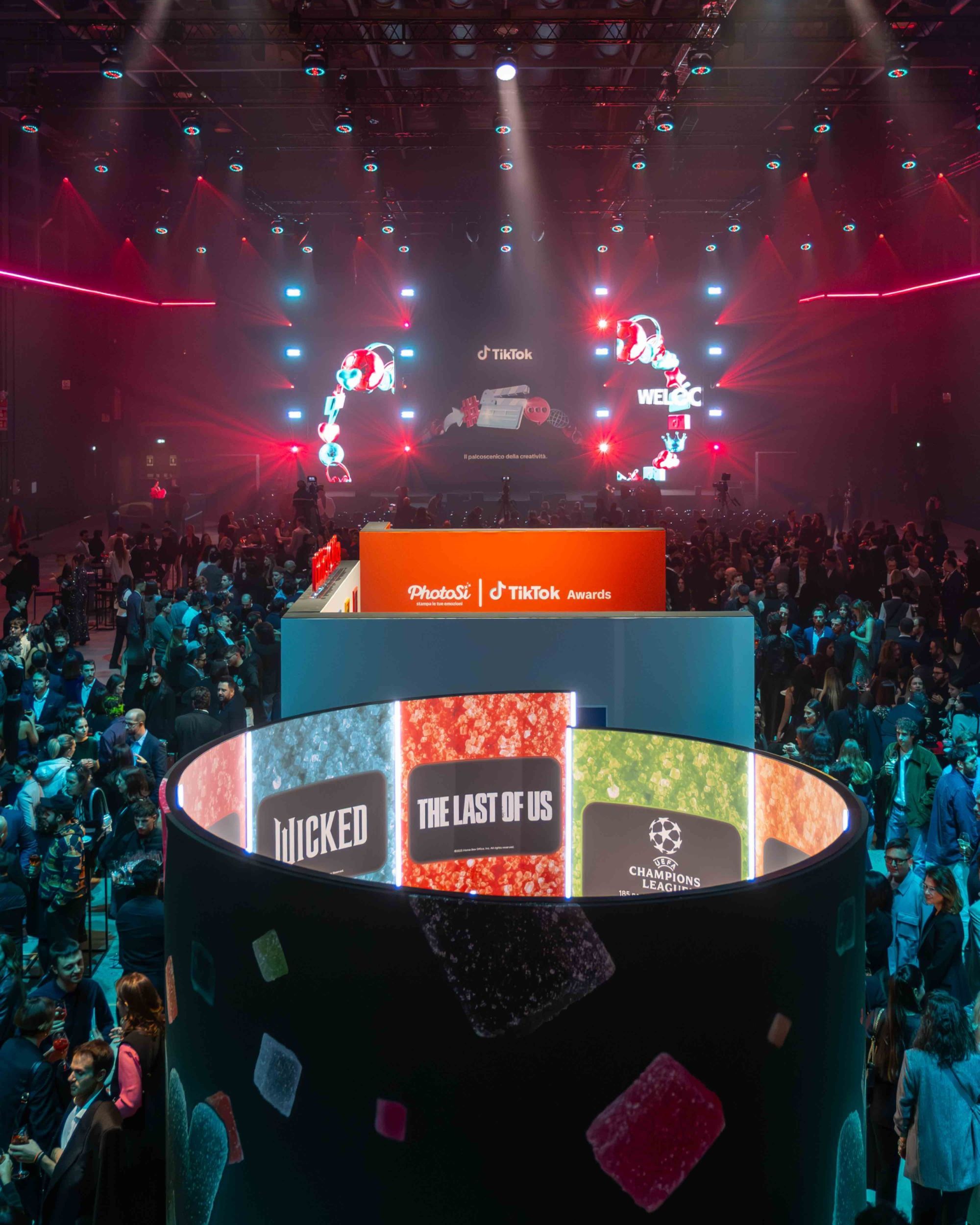
Fashion isn't on Instagram anymore Truly honest reviews and critiques today can be found on TikTok
With the return of physical fashion shows and exclusive events in dreamy locations, fashion has made a robust comeback on Instagram. Between Stories and Posts, one stumbles upon images of set tables, catwalks in evocative spots - the latest one in the Spanish Steps -, cocktails by the pool: stills of a golden world as fascinating as inaccessible. In most cases, this kind of content comes from influencers and digital creators who have a commercial agreement with the host brand, or with whom they maintain a collaborative relationship. What happens instead if those events are attended by those who have made impartiality and non-partisan judgment the benchmark of their Instagram profile?
This is not a new issue for the fashion industry, but it's something that has been dragging on, unresolved, since Instagram became the place of choice for Maisons and creators to make money and promote products. In recent years, however, there has been a shift that has revolutionized roles and positions. A shift that has affected both fashion critics and journalists, (especially when they become influencers as well, as this article by Il Post tells well), and those IG pages that were born as a window on the fashion world, as a bridge to unveil the fashion system's secrets and obsessions while standing on the outside, watching (and judging) it from the outside.
The turning point can be pinpointed in the decision of the founders of Diet Prada, up to that point the ultimate example of contemporary, objective, and innovative fashion criticism, to unveil their faces and attend fashion shows from the front row. Once a brand's invitation is accepted, it becomes somewhat complicated to offer criticism of it. To date, Diet Prada's general loss of authority and credibility is clear: they have identified known "enemies", designers they criticize every season (with some there's even a legal battle, as with Dolce & Gabbana, while their dislike for Virgil Abloh has calmed down only when the designer passed away), and "favorite" designers, whom they punctually praise or ignore even when there's some kind of backlash or controversy going on. Other Instagram pages born with the intention of turning the spotlight on the behind-the-scenes of fashion in recent seasons have become a regular presence at Fashion Weeks, such as @stylenotcom and @ideservecouture. A testimony to how a certain kind of language, so different from the institutional communication of the big fashion houses, can instead connect different audiences and present brands and companies in a different light.
The issue has become topical again in recent weeks because of a Twitter thread by influencer Bryan Boy, as reported by Federica Salto in her newsletter. The creator and editorial director of The Perfect Magazine argued that anyone who hasn't seen the Chanel Haute Couture collection in real life cannot express a sensible and objective judgment, especially if one is not familiar with the clientele and the product offered by the fashion house. "It's difficult to give relevance to Bryanboy on the subject because those who know him a little know that he is a big fan of the Maison, as well as a customer and invited to all events. So, who is right? The fashion commentators who make fun of Chanel looks worn by celebrities or Bryanboy who has a natural interest in defending the Maison?" wrote Salto on the matter.
Nobody cares about your shitty irrelevant hateful opinion because you are not in the room, you’re are not at the show, you didn’t see the clothes IRL, you are not a Chanel customer, will never be one and don’t know what the Chanel customers want.
— bryanboy (@bryanboy) July 5, 2022
Whether with influencers or members of the press, there's a clear desire on the part of brands to control as much as possible the narrative and representation of their actions, whether it's a new capsule collection sent to creators who have to show it in unboxing videos, or significant events on the other side of the world. If the Internet and in particular social media expose every gesture and initiative to inevitable criticism and controversy, Maisons are playing ahead, carefully choosing which faces (and which cameras) to let into their space. All this calls for a reflection on the relationship of trust, or rather, of transparency, between creator and audience: it's essential to know the kind of relationship between influencer and brand in order to understand how objective a judgment is (given that if an influencer is invited - and dressed - by a fashion house to a show, in 99.99% of cases he or she will not say anything negative about the event).
So then it may be a problem of medium, and saturation. While on Instagram each influencer maintains a network of contacts and relationships with dozens of brands, on TikTok fashion is still in a more embryonic stage, but only from a business perspective. Sponsored content and promotional videos are starting to thrive here as well juxtaposed by a rank of fashion experts and commentators who are not afraid to express their thoughts. Think of @oldloserinbrooklyn, probably the most knowledgeable on the subject; @guyfieri.superfan, who has a keen eye for the connection between fashion and contemporary culture; @tylermccall, for a long time head of Fashionista and now ready to devote herself entirely to content creation. Or to @everythingdesigner, and @fashionboy, who has already started indulging in some sponsored content.
@eiffeltyler A tale as old as time: fashion designer gets “canceled” only to make a comeback a few years later. I’m curious to see if #alexanderwang will be able to manage a turnaround of his own. (Whether he deserves to is a conversation of its own!) #fashion #fashiontiktok original sound - Tyler McCall
To this day, to follow fashion on social you can only compromise. In order to see everything that happens at the Valentino show, am I willing to give up a bit of objectivity? Am I able to form an original and independent opinion about a collection even if it was shown to me by my favorite influencers? And if, on the other hand, I don't have the tools to understand and judge a fashion show, can I rely on fashion commentators and IG pages that claim to be unrelated to brands and contracts? Meta's social network seems to have become a jungle where it's difficult to disentangle, a place where under the surface lies a submerged web of relationships and agreements. Maybe the time has come to go on TikTok.


















































